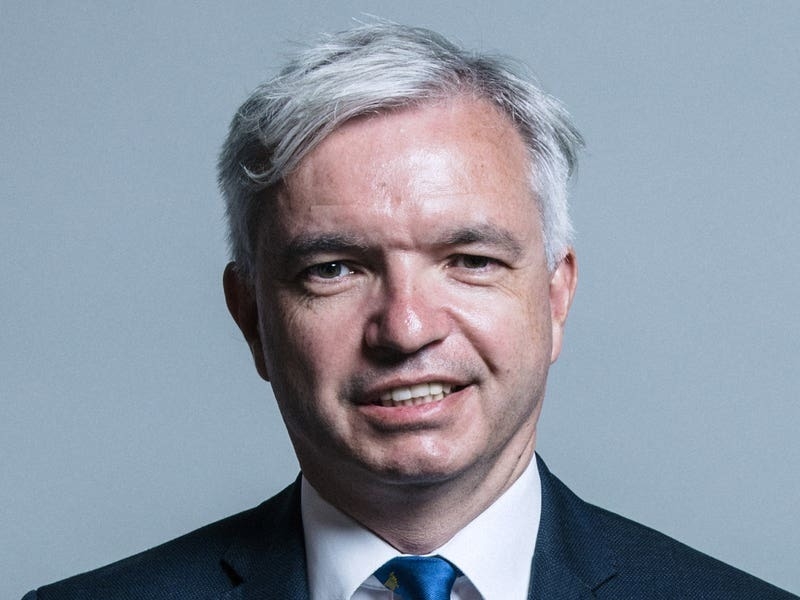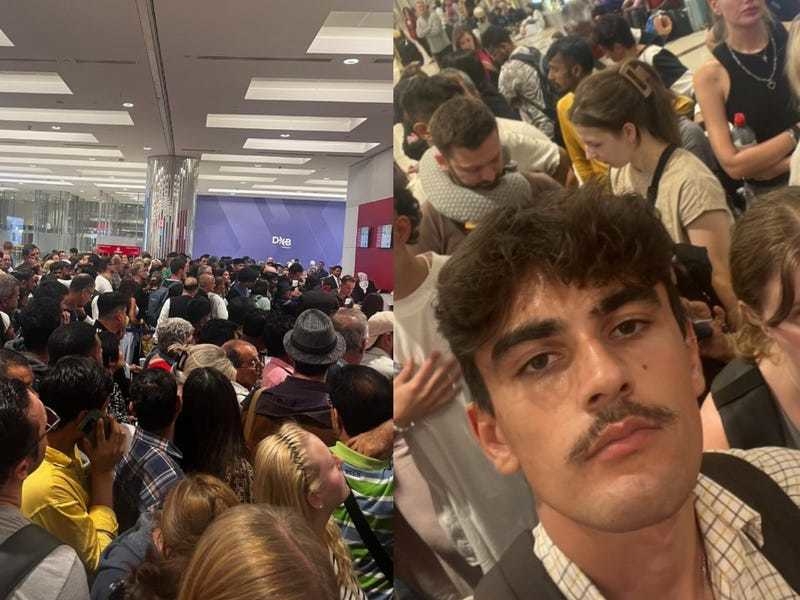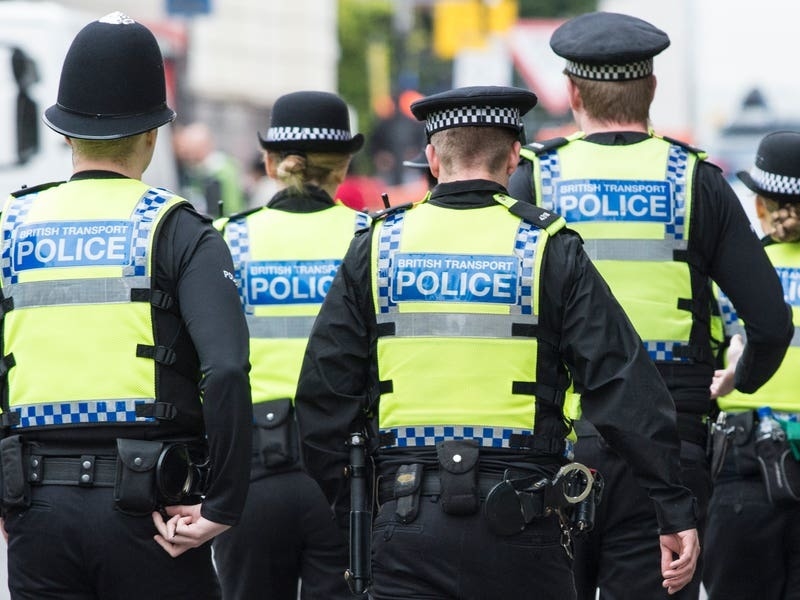- Sir Philip Bailhache in the spotlight over confidential document.
- Concerns raised that document released by Lenny Harper to ‘interested parties’ may have been seen by Sir Phillip Bailhache.
- The former deputy police chief says that the Minister is not an ‘interested party’.
AN investigation has been launched into an alleged leak of a confidential document concerning historical child abuse in the Island.
Concerns have been raised that a document released by former deputy police chief Lenny Harper to interested parties during the child abuse investigation may have been seen by External Relations Minister Sir Philip Bailhache.
It has been claimed that Sir Philip was not an interested party and therefore should not have seen the document.
Reports of the leak emerged after the Senator referred to the ’80-page’ witness statement released by Mr Harper during last month’s States debate about increasing funding to the inquiry.
Mr Harper’s report was supposed to be shared only among ‘interested parties’ – an individual, organisation or States body deemed by the inquiry to be related to that specific issue.
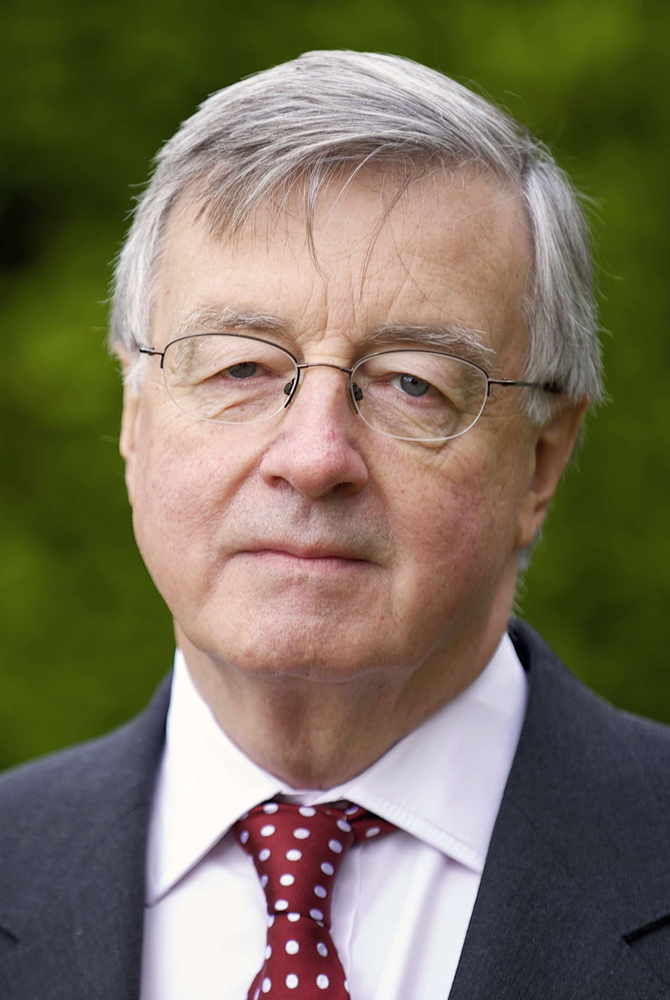
However, it is alleged that Senator Bailhache is not one of those interested parities, raising questions about how he obtained the details of the document’s length.
A letter from the inquiry to the interested parties said that they had checked and were sure that no details of Mr Harper’s statement had been published in the public domain before the States sitting on 24 March.
The letter stated: ‘It has been drawn to the inquiry’s attention that the witness statement of Mr Harper was referred to by Senator Bailhache during the course of the debate at the States Assembly in respect of the ongoing funding of the inquiry. We have reviewed the Hansard of the debate and note with concern that the detail provided by Senator Bailhache implies that he has seen a copy of the statement released to the interested parties on 17 March 2015.’
During the States debate on increasing funding for the inquiry by an extra £14 million, which was backed by the Assembly by 34 votes to nine, Senator Bailhache said: ‘I understand that the former deputy police chief has recently filed an 80-page memorandum with the inquiry, and I think that we can be fairly sure that that would provide much lurid material for the media which neither he nor they would be likely to publish without the protection of a committee of inquiry.’
Senator Bailhache, who abstained from the vote and later said that the cost of the inquiry could rise to as much as £50 million and warned that vital building projects may have to be abandoned, was approached about the alleged leak but was unavailable for comment on the matter.
A spokeswoman for the inquiry said that they would not be commenting at present.
Meanwhile, the inquiry panel are due to sit briefly next week after a month-long break, before resuming fully next month. The inquiry has already heard from those in care in a number of residential homes and foster placements and is now to due hear evidence from former members of staff, including some alleged abusers.
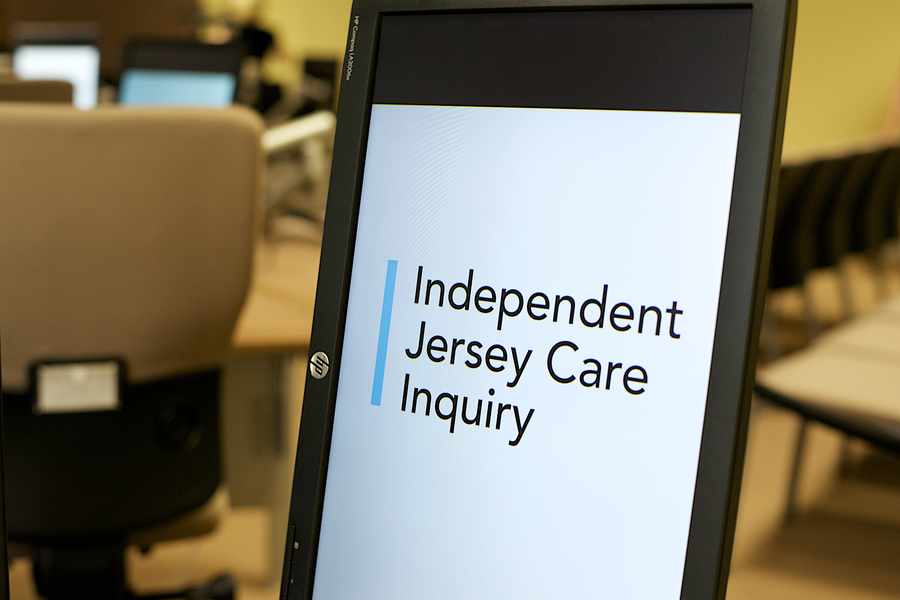
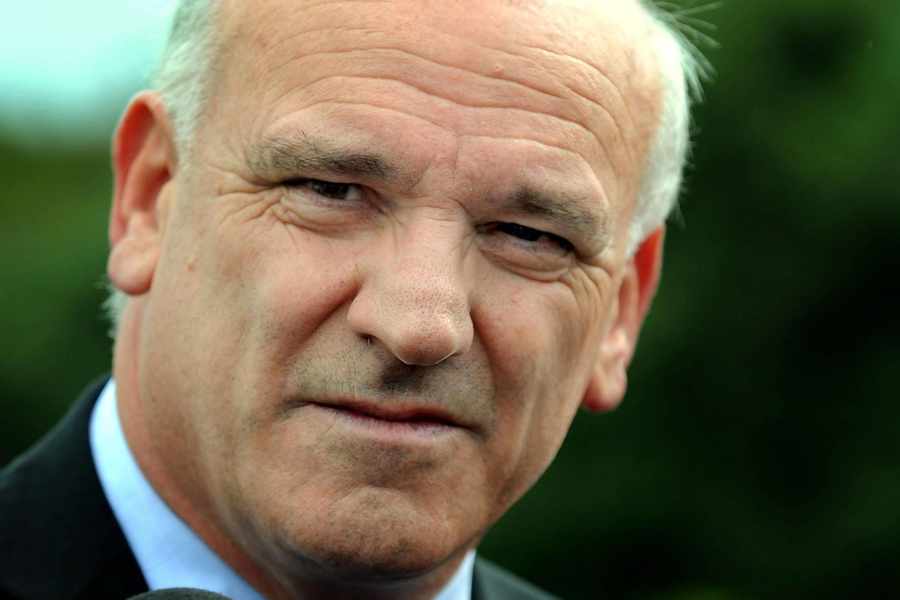
Will you be giving live evidence to the inquiry?
Yes, I will be giving live evidence.
If so, will you be coming back to give it in person?
That has yet to be decided.
Does the inquiry need a blank cheque?
Absolutely not. As in all such ventures, costs must be carefully accounted for. Within that proviso, the truth and justice must take precedence. Costs can be reduced in many ways – for instance, is it necessary for such an array of legal representation for states departments?
Should Senator Bailhache have had access to your statement?
If he was registered as an ‘Interested Party’ then he may have had access. However, to discuss it in the way he has would be a severe breach of the conditions of that access. If he is not registered as an interested party, then he and whoever supplied him with the information may well be in breach. The Committee of Inquiry are currently investigating the matter.
Should he have taken part in the debate?
Firstly, it is NOT a memorandum. It is a statement of evidence, signed, and with a declaration of truth. I don’t think the leak says anything about the Inquiry process. I think it says more about the lack of integrity of those persons who may have breached the clear conditions under which access is allowed. In every communication with Interested Parties, the COI remind us of the importance of confidentiality. Someone somewhere has breached this, and it was not done for the good of the victims.
What is your view of the inquiry to date and do you have faith that it will get to the truth?
Overall, I have been very impressed with those members of the Inquiry I have met. I am optimistic that they will get to the truth. The manner in which they are now being attacked, seems to suggest that some people are frightened about what may emerge. I see that Mr Bailhache was critical of the Panel and its team in a number of ways. He said they had no real incentive to be efficient, and were not really accountable to anyone, (although they seem to be efficient enough not to be reading confidential documents on a plane.) He states he wants a ‘more balanced account to come out than hitherto,’ and this can only be a swipe at the victims accounts.
Please feel free to comment on anything else.
I found Mr Bailhache’s speech to be a crude and infantile attempt to intimidate myself and others who have made statements to the COI, or who have yet to give evidence. I found his approach to the victims’ suffering dismissive and uncaring, his priority being the “unfairness” to suspected abusers. I found his claim that victims had been “generously compensated” to be insulting to those who had suffered so much. I wonder just whose definition of ‘generously’ he was thinking about. I also found his attempt to place all the blame for the cover ups on the institutions as laughable – when one looks at cases such as the Maguires, the responsibilities for the prosecution being withdrawn there went way past the institutions. Although there is something of an irony when he blames the institutions for cover ups, when one considers the Victoria College scandal.
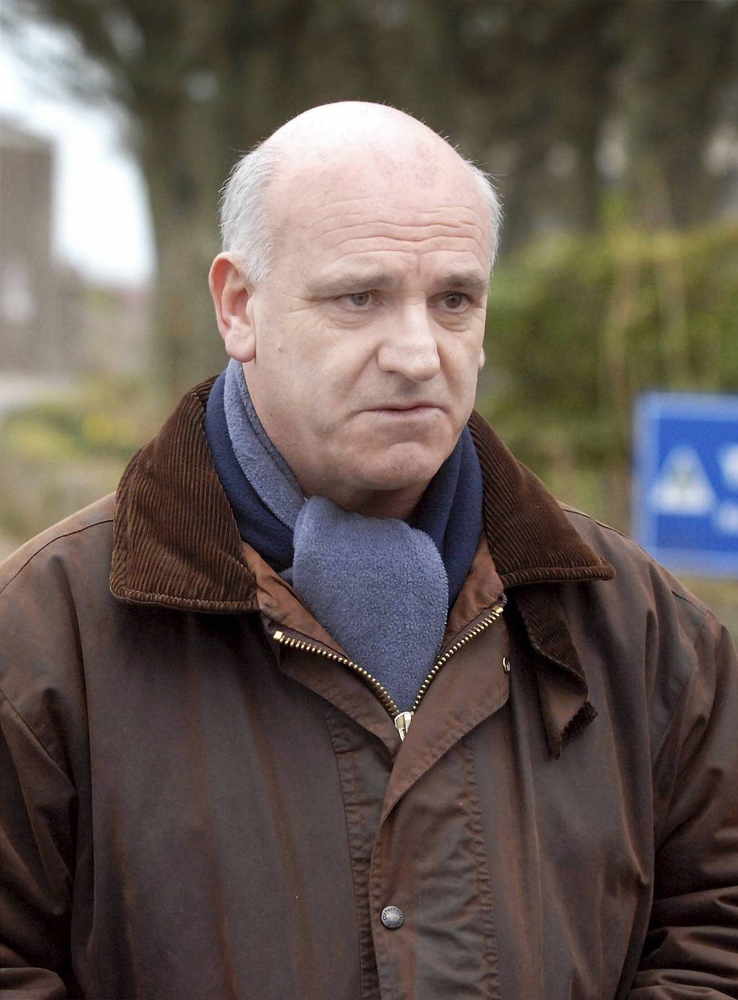
- 2007 Towards the end of the year the then deputy police chief, Lenny Harper, announced that the States police were investigating alleged historical child abuse at former States childrens homes. An appeal for information was also launched and the investigation was overseen by police chief Graham Power.
- 2008 Arrests relating to the abuse investigation began to be made at the end of January. Later, Mr Harper, the senior investigating officer, revealed that his team was excavating the former childrens home at Haut de la Garenne and that they had found what appeared to be a fragment of bone. The announcement led to a swathe of lurid headlines in national newspapers, which carried stories of child torture and possible murder. In August Mr Harper retired and was replaced by David Warcup and towards the end of the year Mr Warcup and the investigations new senior officer, Detective Superintendent Mick Gradwell, said that after a review of the evidence gathered, no child murders took place at Haut de la Garenne. They also concluded that no bodies had been hidden or burned. At the same time police chief Graham Power was suspended for his alleged poor handling of the abuse inquiry, but a report later found that he had been removed without proper evidence of incompetence.
- 2009 In May, the fragment of material said to potentially have been part of a childs skull was sent to botanists at Kew Gardens at the request of Det Supt Gradwell. The report that followed confirmed that it was, in fact, a piece of coconut. Also, Islanders arrested and convicted of abuse offences as part of the investigation began to be sentenced in 2009 as well.
- 2010 The Wiltshire Constabularys report an independent review of the handling of the Haut de la Garenne investigation into child abuse was published in 2010. It levelled strong criticism at former police chief Graham Power and his deputy, Lenny Harper, for their handling of the investigation. The Roya l Court secured convictions against the last people involved in the abuse investigation. Following this, the victims of child abuse received a formal apology from the then Chief Minister, Terry Le Sueur, who said that they had been let down by the system. In June, 40 people who claimed they had suffered abuse while in States care made compensation claims. The year 2010 also saw a report into the financial management of the abuse investigation published in July. It found that public funds had been misspent on expensive meals, accommodation and first-class travel. It also emerged that the total police costs for the three-year investigation had reached £7.5m.
- 2011 Following a proposition brought by Senator Francis Le Gresley, the States agreed to hold an inquiry into allegations of historical child abuse after the Haut de la Garenne investigation.
- 2012 After a former Islanders book was published, making claims of abuse at the former Grouville Girls Home, the police confirmed that six women had made complaints about the home to the force during the course of the historical child abuse investigation. However, the police said that there was too little evidence in relation to the claims to mount a prosecution. 2012 also saw Jimmy Savile linked to Haut de la Garenne after pictures of the disgraced BBC star surfaced and were published in newspapers and online.
- 2013 – It was hoped that the public inquiry into historical child abuse would get going in 2013, but half-way through the year Sally Bradley QC, the States-appointed chairman of the Committee of Inquiry, suffered a stroke. The inquiry was delayed while a new chairman was found. A few months later Frances Oldham QC, a senior lawyer with extensive experience in dealing with cases involving sexual abuse, was appointed to lead the inquiry, joined by abuse inquiry panel members Alyson Leslie, who has led serious case reviews into child abuse, and Sandy Cameron CBE, a former director of social work in Scotland. In one of the last States sittings of the year, it was revealed that 64 per cent of claims for compensation for historical abuse had been settled. Chief Minister Ian Gorst said that 131 claims had been received, 84 offers of compensation had been accepted, with 47 cases still under consideration.
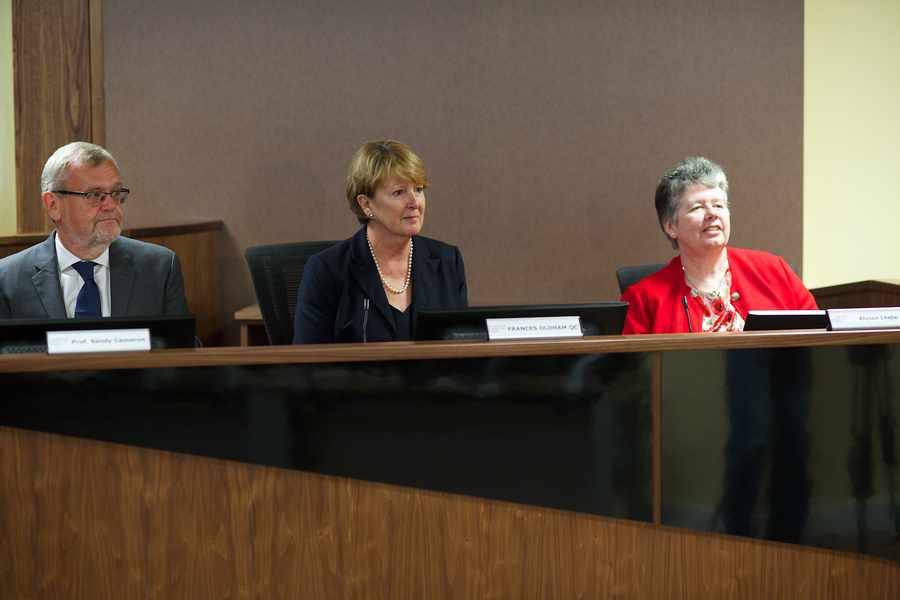
- 2014 In April, Ms Oldham opened the inquiry and set out the terms of reference for proceedings. Hearings began in September and so far the independent Jersey Care Inquiry has heard evidence from 150 former residents of States-run childrens homes including Haute de la Garenne, Sacre Coeur, La Preferance, and more recently, Les Chenes, plus family group homes and foster care. The inquiry has dealt with the evidence from the 1940s and is currently working on the period from the 1990s onwards.
- 2015 The Chief Minister, Ian Gorst, last week lodged a proposition with the States asking for an extra £14m to bring the inquirys budget which was originally £6m – up to £20m. The inquiry expects to have heard evidence from all witnesses who have so far come forward by early March. The inquiry will then move on to hear evidence from alleged abusers, those working in childrens homes, whistle-blowers, foster parents and Childrens Services. It will then hear evidence about the 2008 police investigation into child abuse at Haute de la Garenne, known as Operation Rectangle, and decisions made by the Law Department in respect of prosecutions following the investigation.



